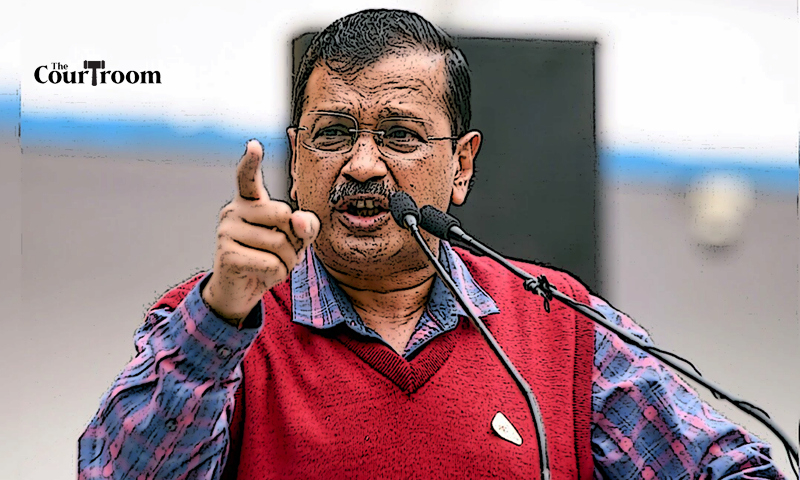The Shocking Allegations and Legal Battle
In a dramatic turn of events, Delhi Chief Minister Arvind Kejriwal has been arrested by the Enforcement Directorate (ED), marking the first time a sitting Chief Minister has faced such charges. The ED, during the court proceedings, leveled serious allegations against Kejriwal, labeling him as the “kingpin” of a liquor scam. They further accused him of demanding kickbacks, with the proceeds allegedly used in the 2022 Goa Assembly elections. These accusations have sent shockwaves across the political landscape of India.
Protests and Outcry
Kejriwal’s arrest has sparked widespread protests, with leaders and supporters of the Aam Aadmi Party (AAP) taking to the streets in various parts of the country. AAP leaders, including prominent figures like Atishi and Saurabh Bharadwaj, have been detained by the Delhi Police during these demonstrations. The party has called for a nationwide protest, reflecting the deep concern over Kejriwal’s safety and the perceived political motivations behind his arrest.
Legal Battle Ahead
Senior advocate Abhishek Manu Singhvi, leading Kejriwal’s legal team, has vowed to fight against the ED’s remand petition in the lower court. Kejriwal is set to appear physically before the Prevention of Money Laundering Act (PMLA) court, where the ED is expected to seek 10 days of custody for the Chief Minister. The legal battle ahead is poised to be intense, with implications that could reverberate throughout the Indian political landscape.
Opposition Solidarity and Criticism
As the protests intensify, opposition leaders have rallied behind Kejriwal, condemning his arrest in unequivocal terms. Congress leader Rahul Gandhi and Trinamool Congress supremo Mamata Banerjee have reached out to Kejriwal’s family, expressing solidarity in the face of what they perceive as political persecution. The arrest has also triggered a wave of criticism against Prime Minister Narendra Modi, with opposition leaders accusing him of authoritarianism and undermining democratic principles.
Allegations and Concerns
Amidst the political turmoil, allegations have emerged regarding the treatment of Kejriwal’s family. Delhi Ministers Gopal Rai and Saurabh Bharadwaj have claimed that Kejriwal’s family has been placed under house arrest, raising concerns about their safety and well-being. These allegations have further fueled public outrage and added to the growing tensions surrounding the case.
Conclusion
In conclusion, the detention of Delhi Chief Minister Arvind Kejriwal has sparked widespread controversy and unrest. Accused by the Enforcement Directorate of involvement in a liquor scam, Kejriwal’s arrest marks a significant moment in Indian political history, as he becomes the first sitting Chief Minister to face such charges. The events have unfolded amidst a backdrop of protests, allegations, and condemnations from opposition leaders, further intensifying the political turmoil.
As Kejriwal faces legal proceedings, the ramifications of his arrest extend beyond the courtroom, igniting debates about political vendettas, democratic freedoms, and the state of governance in India. The support and opposition garnered by Kejriwal reflect the deeply polarized landscape of Indian politics, underscoring the challenges faced by leaders navigating complex socio-political dynamics.
Regardless of the outcome of Kejriwal’s legal battle, his detention serves as a reminder of the fragility of political power and the accountability expected of public officials. It prompts reflection on the intersection of law, politics, and public perception, highlighting the imperative for transparency, integrity, and ethical conduct in governance.
If you wish to have your News, Articles, Deals, Columns, or Press Releases showcased on The Courtroom, we kindly invite you to complete the form available through the provided link.
Arvind Kejriwal Arrested by Enforcement Directorate (ED) in 100 crore liquor scam
Arvind Kejriwal Challenges Enforcement Directorate, High Court Denies Interim Protection on March 21


